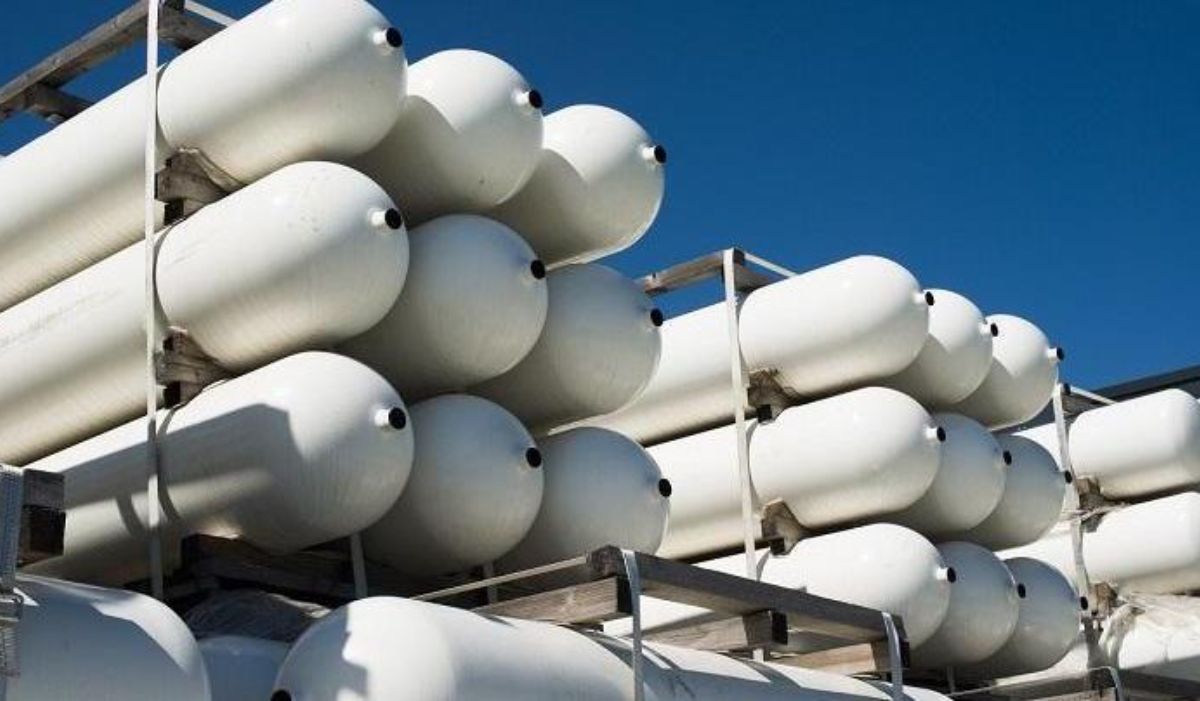Energy Markets React as Nigeria Accelerates $500M CNG Infrastructure Rollout

Nigeria’s vigorous efforts to switch from gasoline to compressed natural gas (CNG) have attracted more than $500 million in public-private investment, leading to notable changes in the nation’s transportation and energy sectors.
After gasoline subsidies were eliminated in 2023, Nigeria’s Presidential CNG Initiative (PCNGI) was established to address high fuel prices, lower emissions, and enhance energy security. This funding increase is part of that initiative.
Under the Tinubu administration, the effort has gained new momentum, with a focus on expanding the country’s CNG refuelling infrastructure and converting millions of vehicles to operate on natural gas.
As part of the PCNGI, the federal government is fast-tracking the installation of 50,000 vehicle conversion kits, over 1,000 CNG fueling stations, and a network of training and support centres to upskill regional mechanics and technicians.
This move represents a strategic shift toward cleaner, locally sourced energy—and a major overhaul of the country’s downstream fuel economy—with ambitious targets for vehicle conversions and the construction of more than 1,000 fueling stations nationwide.
Ekperikpe Ekpo, Minister of State for Petroleum Resources (Gas), said the capital inflow reflects growing investor confidence in Nigeria’s gas sector while speaking at a stakeholders’ event in Abuja.
“The $500 million already committed is a clear sign that Nigeria is on the right path toward energy transition and affordability,” Ekpo said. “We’re not only attracting global interest—we’re creating jobs, empowering local entrepreneurs, and reducing our carbon footprint.”
The adoption of compressed natural gas in Nigeria—and the associated $500 million-plus in investment—is already generating ripple effects across several markets, both locally and regionally.
Although LNG exports may face some pressure due to more gas being retained for domestic use, local demand for natural gas is expected to rise. This will create new opportunities for upstream and midstream gas producers, particularly indigenous operators.
The diversification of Nigeria’s energy mix—shifting away from gasoline and diesel—is reducing dependence on fuel imports and easing pressure on the country’s foreign exchange reserves.
Energy costs in the manufacturing and industrial sectors are also expected to fall, as factories and SMEs that switch to CNG for power generation will be able to lower fuel expenses and improve profit margins.
Demand for gas equipment and supplies—such as cylinders, compressors, and valves—is increasing, opening the door for growth in local manufacturing.
Nigeria’s gas value chain is receiving increased attention thanks to the $500 million investment, which is being directed toward technology platforms, logistics, and infrastructure that support the adoption of CNG.
The environmental benefits of reduced emissions may also attract investors to green bonds and ESG-focused funds, aligning Nigeria with global net-zero ambitions.





